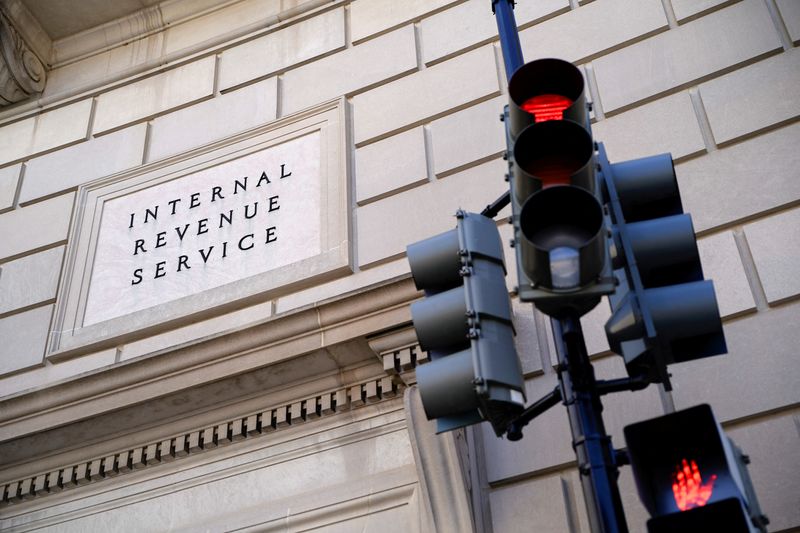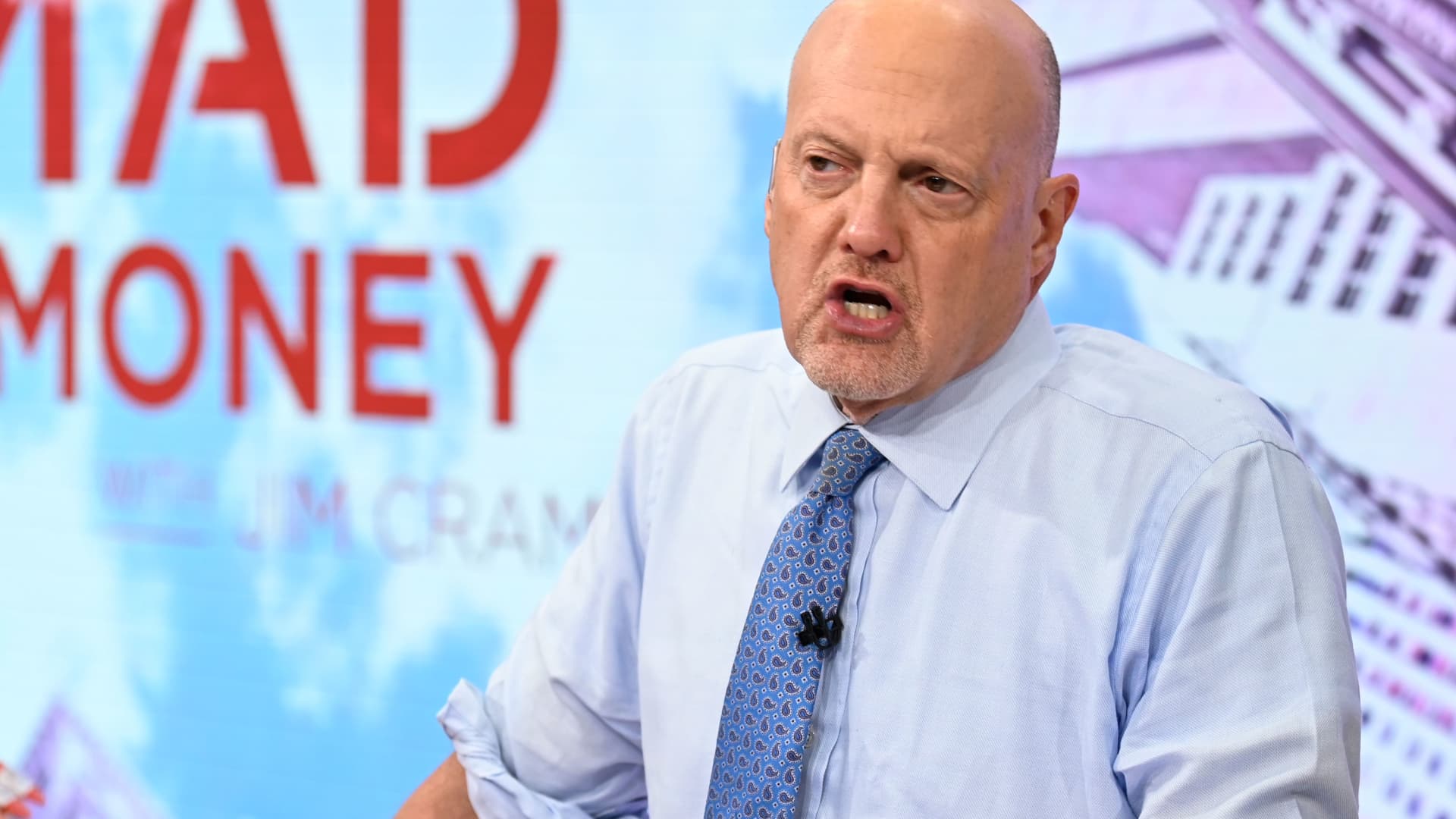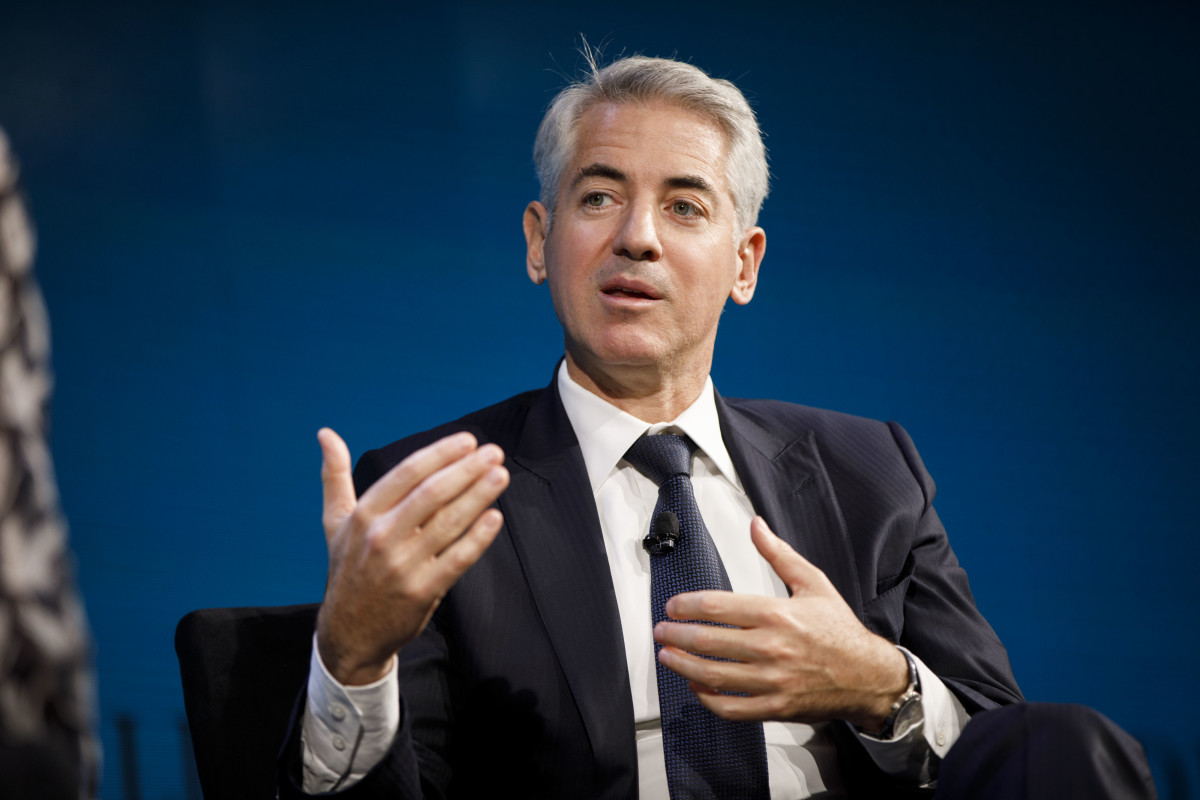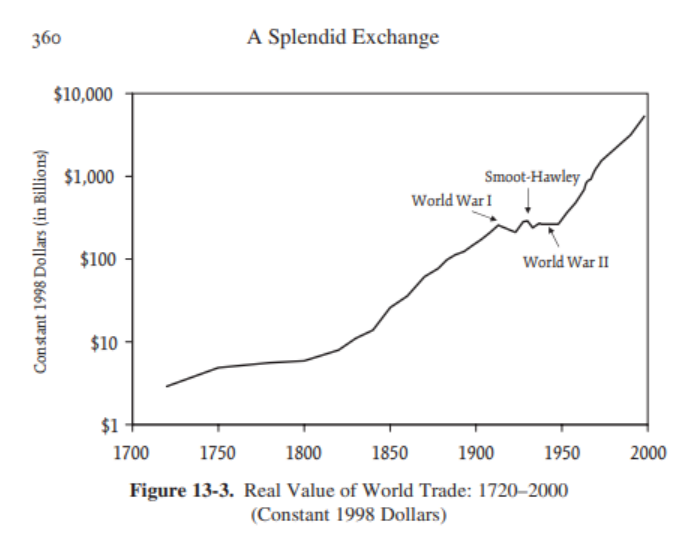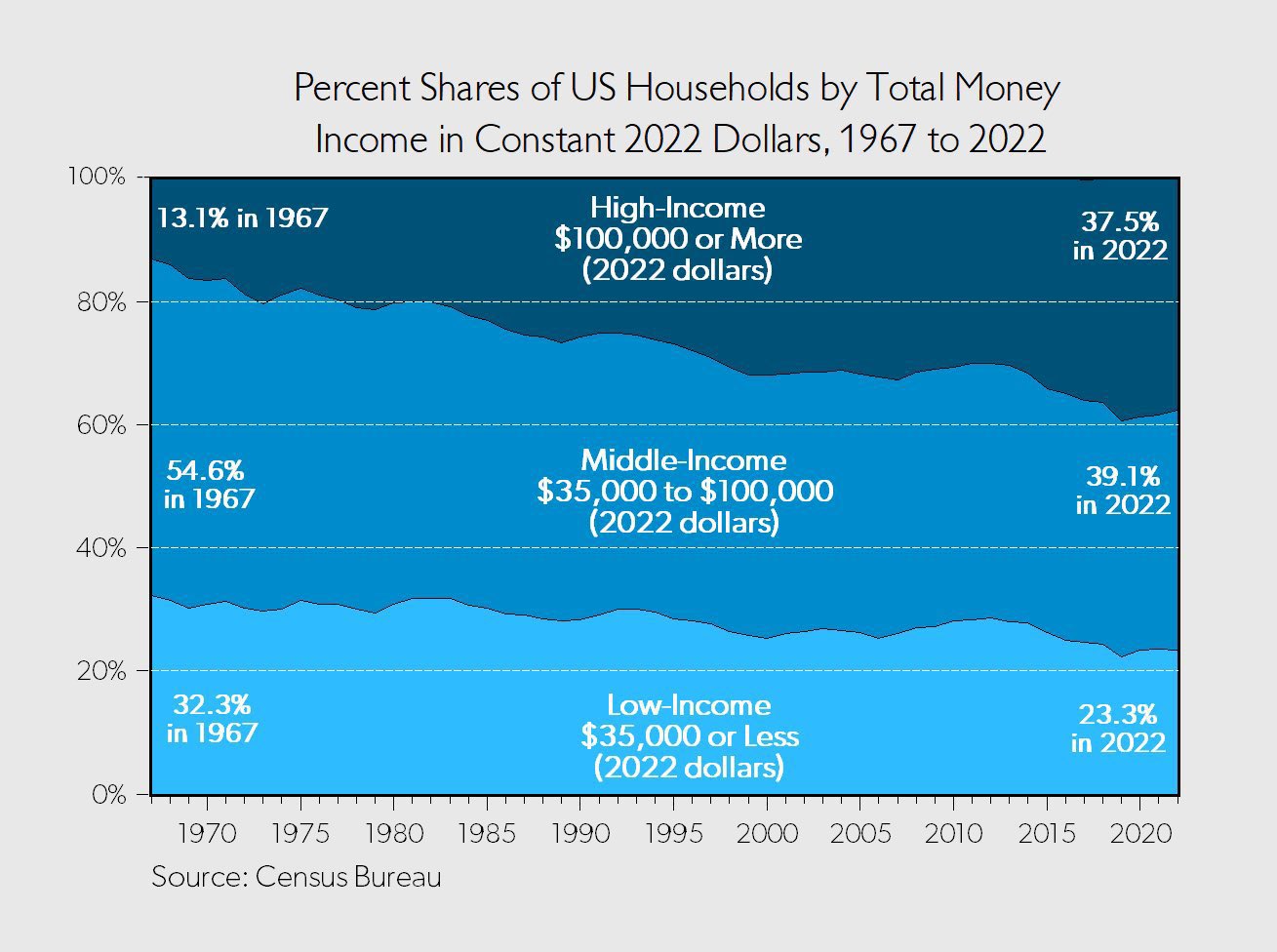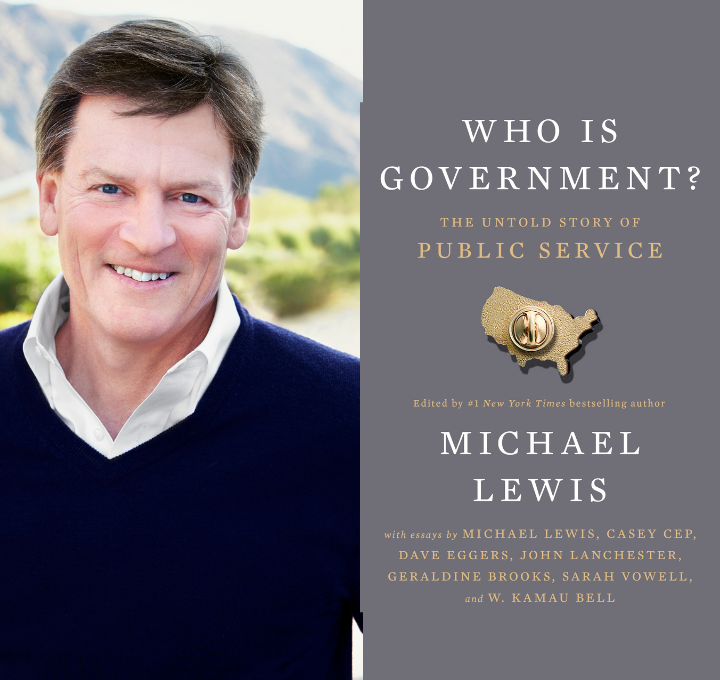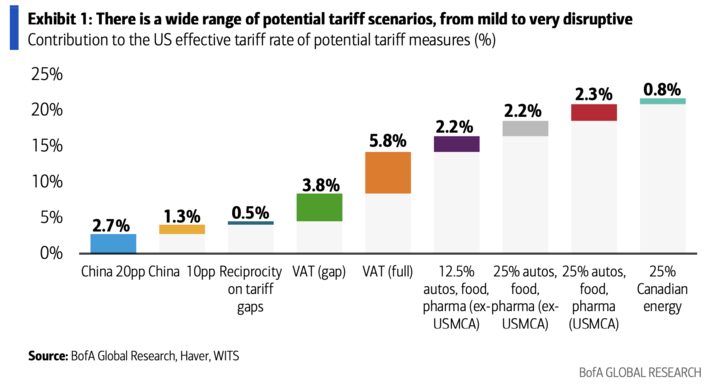79% of Workers Say They Worry About Social Security Changes – Are They Right to be Concerned?
Uncertainty is the name of the game when it comes to Social Security, which is unfortunate for the 70 million plus Americans who rely on this program yearly. For this reason, concerns about its viability and longevity should not be taken lightly, never mind ignored. With this in mind, we look at a recent Retirement […] The post 79% of Workers Say They Worry About Social Security Changes – Are They Right to be Concerned? appeared first on 24/7 Wall St..

Uncertainty is the name of the game when it comes to Social Security, which is unfortunate for the 70 million plus Americans who rely on this program yearly. For this reason, concerns about its viability and longevity should not be taken lightly, never mind ignored.
There is no question that Social Security is a growing concern for those approaching retirement age.
The hope is that steps will be taken to reduce concerns over Social Security solvency.
If Congress doesn’t act soon, there could be a dip in Social Security benefit payouts as early as 2035.
Are you ahead, or behind on retirement? SmartAsset’s free tool can match you with a financial advisor in minutes to help you answer that today. Each advisor has been carefully vetted, and must act in your best interests. If you’ve saved and built a substantial nest egg for you and your family; get started by clicking here.(Sponsor)
Key Points
With this in mind, we look at a recent Retirement Confidence Survey conducted by the Employee Benefit Research Institute and Greenwald Research, which indicates that 79% of workers say they are worried about potential Social Security changes in the future.
Key Findings
According to the survey results, one of the biggest takeaways is that 68% of workers and 74% of retirees believe they have enough money to live comfortably through retirement. While this wasn’t a significant increase from the previous year, it’s good to see an upward trend and increased consumer confidence.
However, the biggest issue here is inflation, which is the most likely source of any shaky confidence. The results indicate that 31% of workers and 40% of retirees address inflation as a primary retirement concern. Where things get really interesting is that while 88% of respondents believe Social Security will play a critical role in their retirement income, only two out of every 10 workers think they understand the Social Security program “very well.”
This concern speaks directly to fears of Social Security, as a lack of understanding about the program leads to worries, and, dare we say, ignorance over potential program changes.
Why Workers Are Nervous
Inflation
Understandably, inflation is at the top of the concern list regarding workers’ nervousness, and it isn’t just Social Security. This data indicates that only 21% of respondents in 2024 indicated they were “very confident” in having enough money to live comfortably in retirement. When you factor in uncertainty about the future of Social Security, especially around cost-of-living increases, there is room for concern to grow even more next year.
In 2025, Social Security beneficiaries are set to receive a 2.5% cost-of-living adjustment or COLA change beginning with their January 2025 benefit payment. However, inflation numbers are hovering around 2.9%, so you’re giving beneficiaries just enough money to offset the rising cost of inflation but not enough to have any extra spending power.
In other words, if things take a turn and inflation suddenly jumps or America falls into a recession, the inflation percentage will jump, but the cost of living will not. This is one of the most immediate concerns of Social Security recipients right now, as it could significantly reduce their overall buying power.
Cost of Living
Ultimately, if 83% of workers worry about the rising cost of living and their ability to save, this directly concerns Social Security. Even if only 35% of respondents believe Social Security will be a significant source of income, this is only until they are retired without income and inflation costs are eating away at their savings.
Lack of Savings
When you consider that one-third of survey respondents indicated that they would need at least $1.5 million or more to help live comfortably in retirement, it’s shocking to learn that one-third have less than $50,000 in savings and investments. Another 14% only have $1,000 or less in savings, so a whopping 52% of respondents indicated they need to start saving more.
The results show that 39% of workers say they are not confident they have enough to retire, making them increasingly worried about Social Security not being there or being unable to help make up for a savings shortfall. Unless there is a sudden change in saving strategies, future survey results are bound to indicate that this lack of savings is only growing as a concern.
What Proposed Changes Could Look Like
Unfortunately, this document doesn’t outline any specific Social Security reforms, but the 79% rate speaks directly to concerns that could be related to the public’s understanding of the program’s potential beneficiary impacts as early as 2035.
Benefit Reductions
One of the most discussed changes that could strengthen the Social Security program is reducing benefits for those with higher incomes. It’s not a hugely popular idea, but it does have some traction. In other words, someone who didn’t achieve more than $100,000 in their top 35 years of income should receive a more significant benefit than someone who earned the top $168,000 benefit (or more) across their 35 highest earning years, which is used to calculate your beneficiary payments.
Separately, another idea is to scale back cost-of-living adjustments, though this comes with increased risk toward retirement budgets. Considering that 31% of workers in this report already cite inflation as a concern around retirement, this isn’t a popular idea, but it might be necessary.
Raising Retirement Age
This idea has been frequently floated in congressional circles and has some traction in the real world. The Full Retirement Age is currently set at 67, and some economists agree that pushing this number to 70 could increase Social Security’s solvency as it would force retirees to save more to help offset the lost few years of benefits.
Tax Increases
Another unpopular idea might actually be the most likely, and it boils down to raising taxes on Social Security payroll deductions. The current payroll tax for Social Security is only 12.4%, which is split between employees and employers. It stands to reason that if you raised this tax ceiling or taxed all income, even anything earned above $168,000 would give the Social Security program a shot in the arm.
Of course, this program has many opponents, especially on the Republican side of Congress, and proposals like this one have been shot down repeatedly.
What Can Workers Do?
Increase Savings
It should go without saying that, based on the results of this survey, increasing savings is the single most promising thing workers can do to offset Social Security concerns. Considering the savings numbers mentioned previously, especially for those with less than $50,000 saved, there should be an immediate effort to increase the amount of money they put into a 401(k), reduce spending, etc.
Diversifying Retirement Income
Another potential idea is that workers must look at multiple retirement income investment ideas and not just put all their money into one location. This means utilizing Traditional and Roth IRAs, 401(k) accounts, treasury bonds, and even annuities, which might be a good idea for those who don’t believe they can bulk up their savings but still hope to have enough put away.
With 83% of survey respondents considering guaranteed income options, an annuity might be what some individuals need to reduce their concerns about Social Security.
Emergency Planning
While 66% of workers might have said they are prepared for emergency expenses, it stands to reason they likely aren’t prepared for all potential emergencies during retirement. At the top of my mind are medical and healthcare emergencies, which come on without warning and could potentially be among the most expensive emergencies.
The solution is to build a separate emergency fund with at least six months of today’s income and either store it in a savings account or put it into a CD to earn a little interest until it might be called upon. If and when you need these savings, you can use them without stressing out about dipping into your “standard” retirement savings accounts.
The post 79% of Workers Say They Worry About Social Security Changes – Are They Right to be Concerned? appeared first on 24/7 Wall St..






